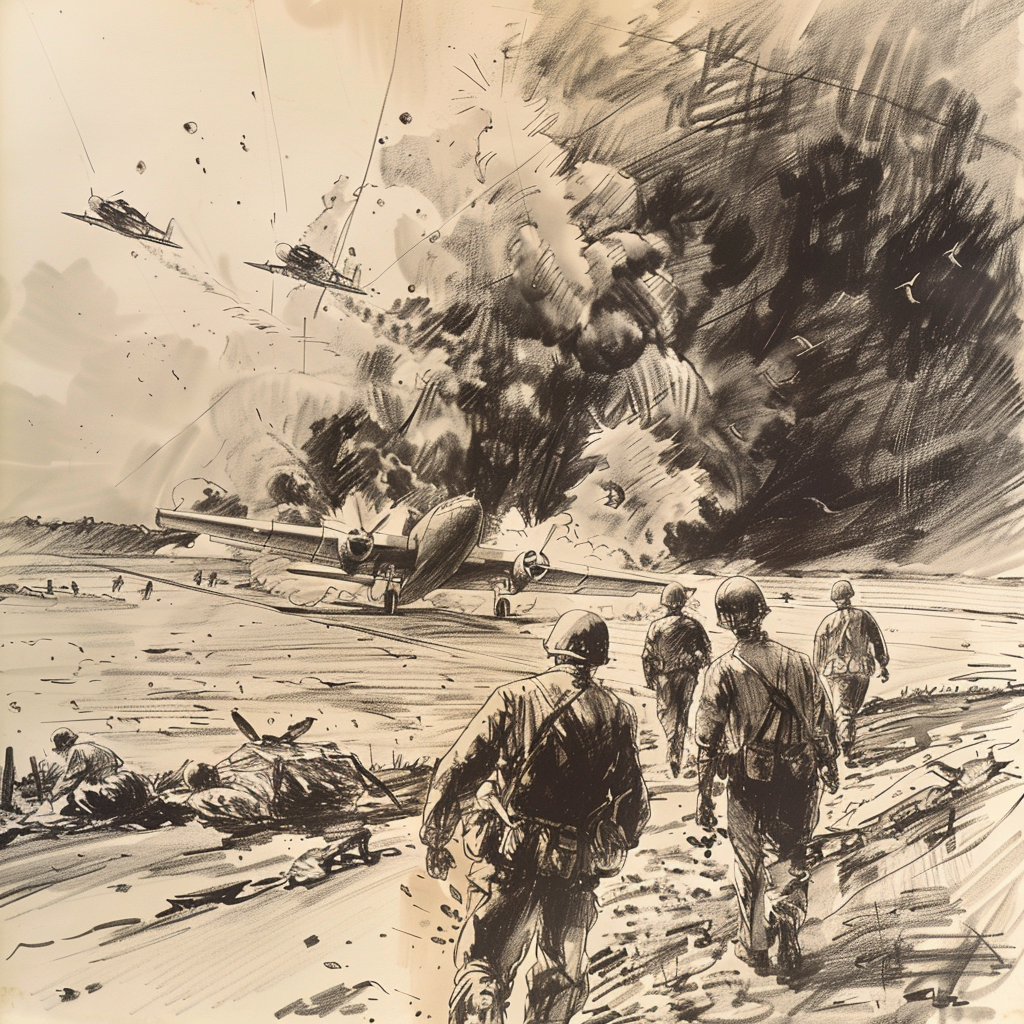Father urged us to leave, the fear and tension increased to an unbearable level. Two Nazis were in the house, and the Americans were waiting. The next morning artillery fire began.
This post has been moved. Please follow us on Medium to read and/or listen (!) to it in full.
The Bright Side of the Doom, a Prequel to 1984, The 18-Year-Old Who Wrote a Note and Disappeared is now available worldwide in bookstores as a hardcover, paperback, and e-book‼️
